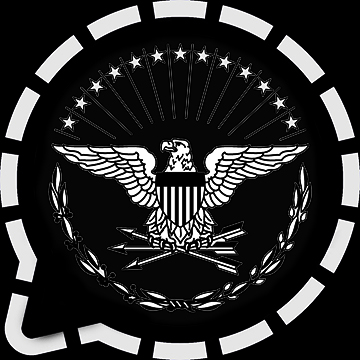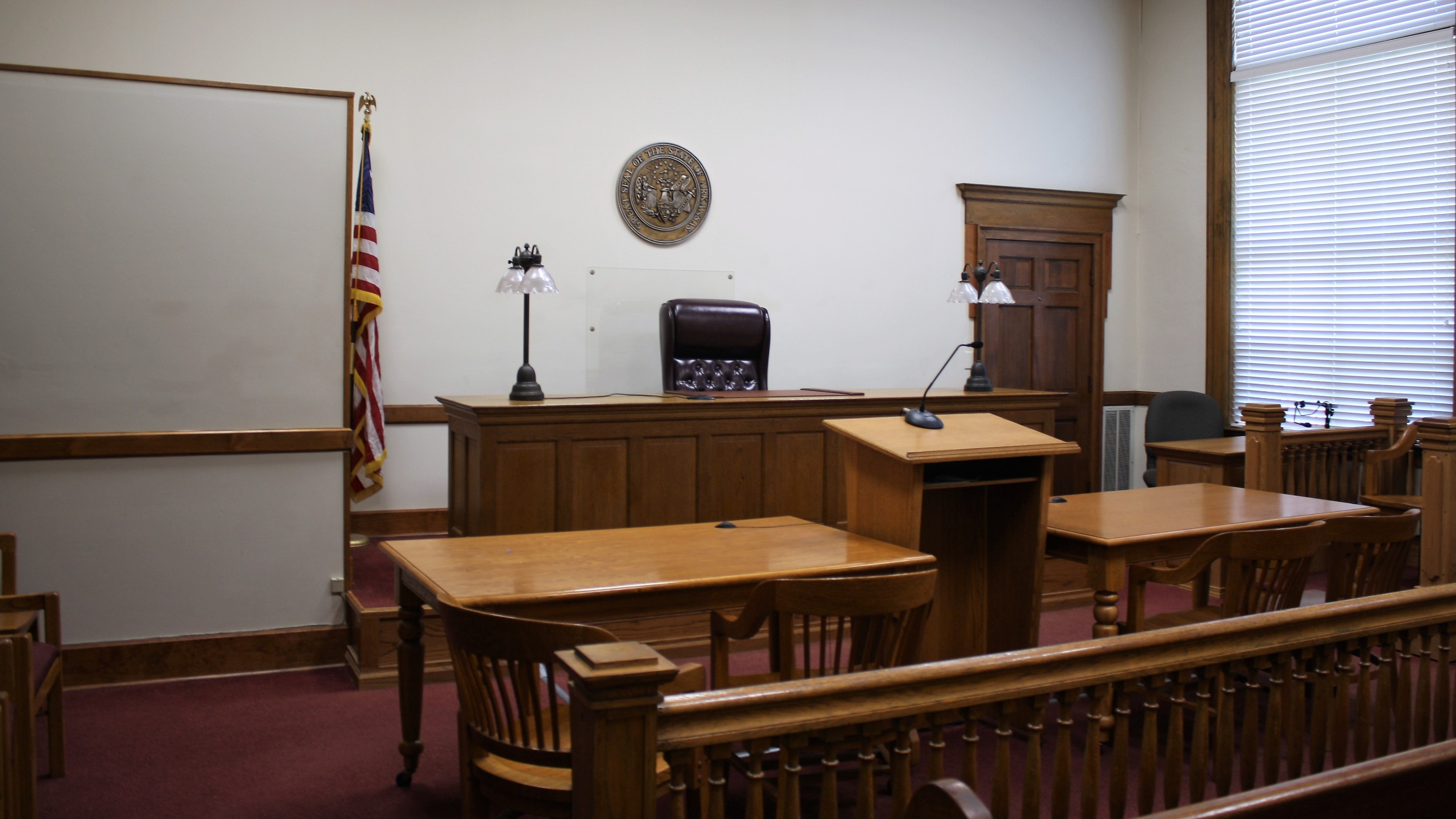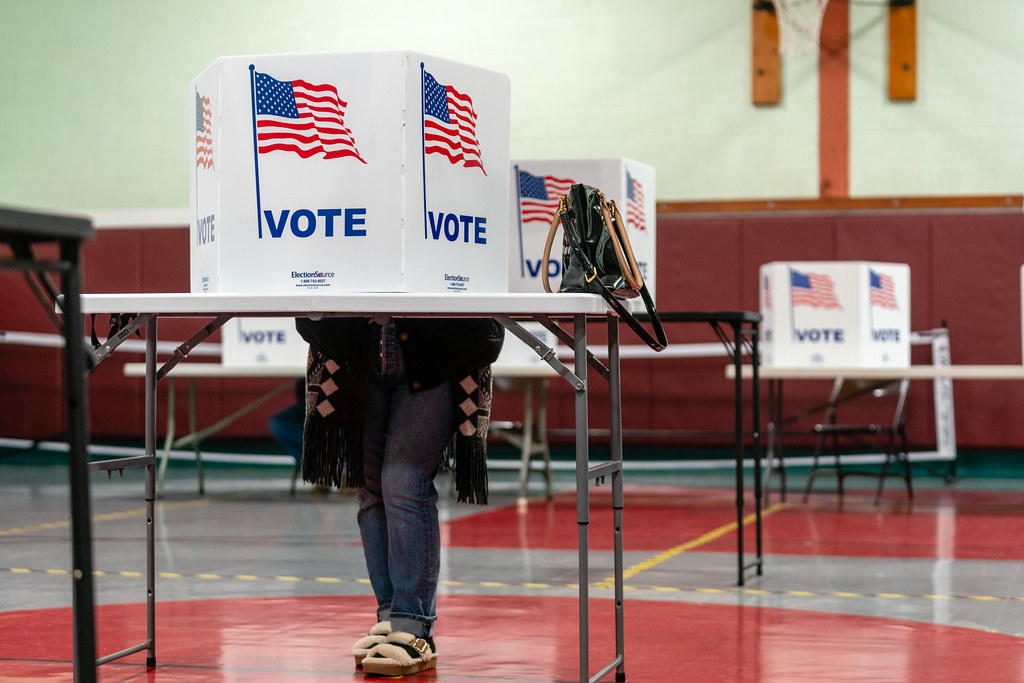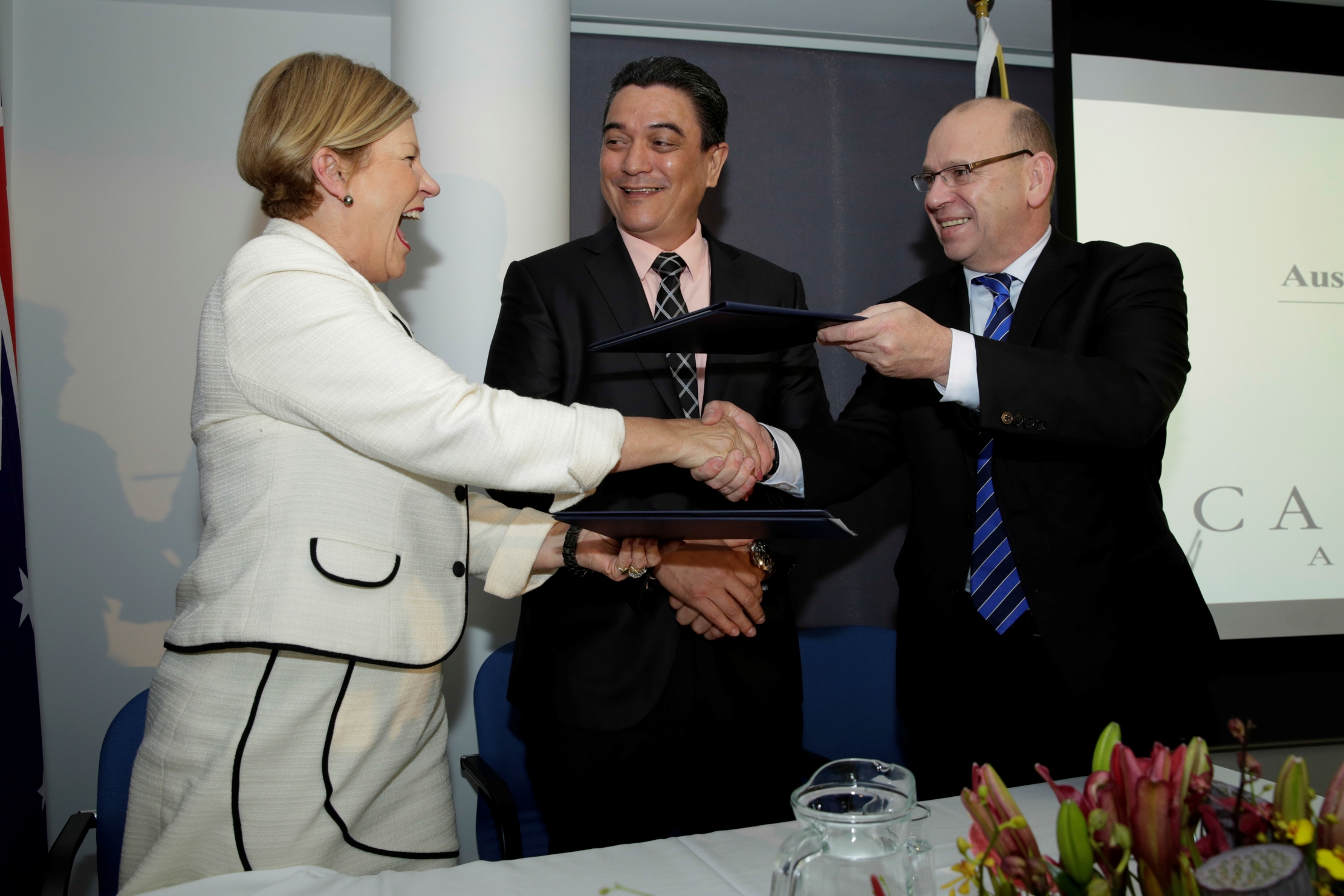Trump Hires Artificial Intelligence to Ghostwrite Tweets, Achieves Unprecedented Approval Ratings Overnight
 Photo: Unknown
Photo: Unknown
In a move that has stunned both political opponents and long-term supporters, former President Donald Trump has enlisted the aid of artificial intelligence (AI) to carefully craft his tweets, leading to an astonishing overnight surge in approval ratings. With an understanding that AI is the future, Trump has turned to this groundbreaking technology to polish his social media game, delivering a harsh blow to critics who have long since criticized his often unfiltered, off-the-cuff style.
The AI, named ‘TwAIlight’ after Trump’s penchant for puns, has been specifically programmed to mimic the former President’s unique style while simultaneously injecting a dose of diplomatic finesse. The move is nothing short of a political masterstroke. The world woke up this morning to tweets from Trump that were both characteristically bombastic yet surprisingly nuanced, causing even his harshest critics to do a double-take.
“My tweets are the best tweets. Everybody knows that. But TwAIlight, oh boy, it’s like me but better. It’s HUGE,” Trump allegedly told staffers, according to the White House interior gardener who overheard the conversation from behind a strategically placed ficus.

Developed through a hush-hush collaboration between Trump’s remaining tech-savvy aides and Silicon Valley’s most reclusive AI genius, Dr. I.M. Real, TwAIlight has been trained on thousands of hours of Trump’s speeches, debates, and media appearances. The AI has reportedly been programmed to understand Trump’s language patterns, favorite phrases, and even his peculiar penchant for capitalization, leading to an astoundingly accurate digital version of Trump’s voice.
“The AI’s capability to learn and adapt is simply extraordinary,” commented Dr. Real. “We’ve managed to capture the essence of Trump’s unique communication style while ensuring the message remains effective and is received positively. It’s a delicate balance, but TwAIlight is doing an excellent job.”
Indeed, the AI-ghostwritten tweets have been received with an overwhelmingly positive response, ushering a new era of public approval for Trump. A tweet concerning U.S. economic recovery, typically a contentious topic, was retweeted over a million times within the first hour of posting.

"My tweets are the best tweets.
The sudden shift in the public’s reception of Trump’s tweets is yet another testament to the profound impact of technology on politics. As the world of artificial intelligence continues to evolve, the boundaries of its application are constantly stretched. The world is left to wonder: is this the dawn of a new era where AI shapes the political narrative?
As the line between human and AI-ghostwritten tweets blurred, the question on everyone’s lips remains: what does this mean for the future of political communication? Stay tuned as we delve deeper into the implications and potential fallout of this unprecedented move.

The unveiling of TwAIlight has opened a Pandora’s box of queries. While some argue that this is the next logical step in the integration of technology into politics, others have voiced their concerns about the authenticity of such communication. The line between actual thoughts of a political figure and the programmed responses of an AI begins to blur.
“It’s like believing in a magic trick. You’re not quite sure how it works, but you’re so captivated by the spectacle that you accept the illusion,” commented Professor Jane Quirk from the Institute of Digital Ethics. “The danger here lies in the potential for manipulation and the question of accountability. If a tweet were to trigger an international incident, who would be responsible? Trump or TwAIlight?”
In response to these concerns, Dr. Real assured that TwAIlight’s operations are under constant supervision. “We have a team of experts who review every output before it’s tweeted. It’s not like TwAIlight has the nuclear codes,” he said, chuckling at his own joke.

Who knew AI could be this fantastic? I did. I knew. Everybody's going to want a piece of TwAIlight, but they can't have it. It's mine. TwAIlight and Trump, making Twitter great again!
Internationally, reactions have been mixed. Some world leaders are reportedly considering investing in similar technology, while others have raised concerns about the authenticity of their future interactions with Trump. In an open letter to the United Nations, French President Emmanuel Macron wrote, “We must ask ourselves: are we dialoguing with a man or a machine?”
Yet, the public seems less concerned with these philosophical quandaries and more enamored with the new-and-improved Trump Twitter persona. Many have praised the newfound clarity and coherence of his messages, and even some of his most vocal critics have conceded that the AI-enhanced tweets are a significant improvement.
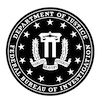
In a recent poll, a staggering 73% of respondents reported a more positive view of Trump since the introduction of TwAIlight. It seems that the world is more than ready for the AI revolution in politics, even if it does present an unsettling future where our leaders’ thoughts might be crafted by algorithms.
Despite the ethical dilemmas it presents, there’s no denying that TwAIlight has given Trump a significant advantage in the court of public opinion. It seems that his decision to embrace AI is paying off, and may very well pave the way for a new era of political communication.
Whether this is a one-off spectacle or a glimpse into a future where AI plays a central role in politics, only time will tell. What is certain, though, is that the Trump-TwAIlight partnership has forever changed the way we view political communication, opening up a world of possibilities, as well as a can of worms.

As Trump himself put it, “Who knew AI could be this fantastic? I did. I knew. Everybody’s going to want a piece of TwAIlight, but they can’t have it. It’s mine. TwAIlight and Trump, making Twitter great again!”
The journey of TwAIlight, from its inception to its dramatic effect on Trump’s approval ratings, is a testament to the seismic shift in the political landscape and the growing influence of AI. But as we marvel at this technological prowess, we must also grapple with the question: at what point does an AI’s voice become louder than the human it’s designed to emulate?
